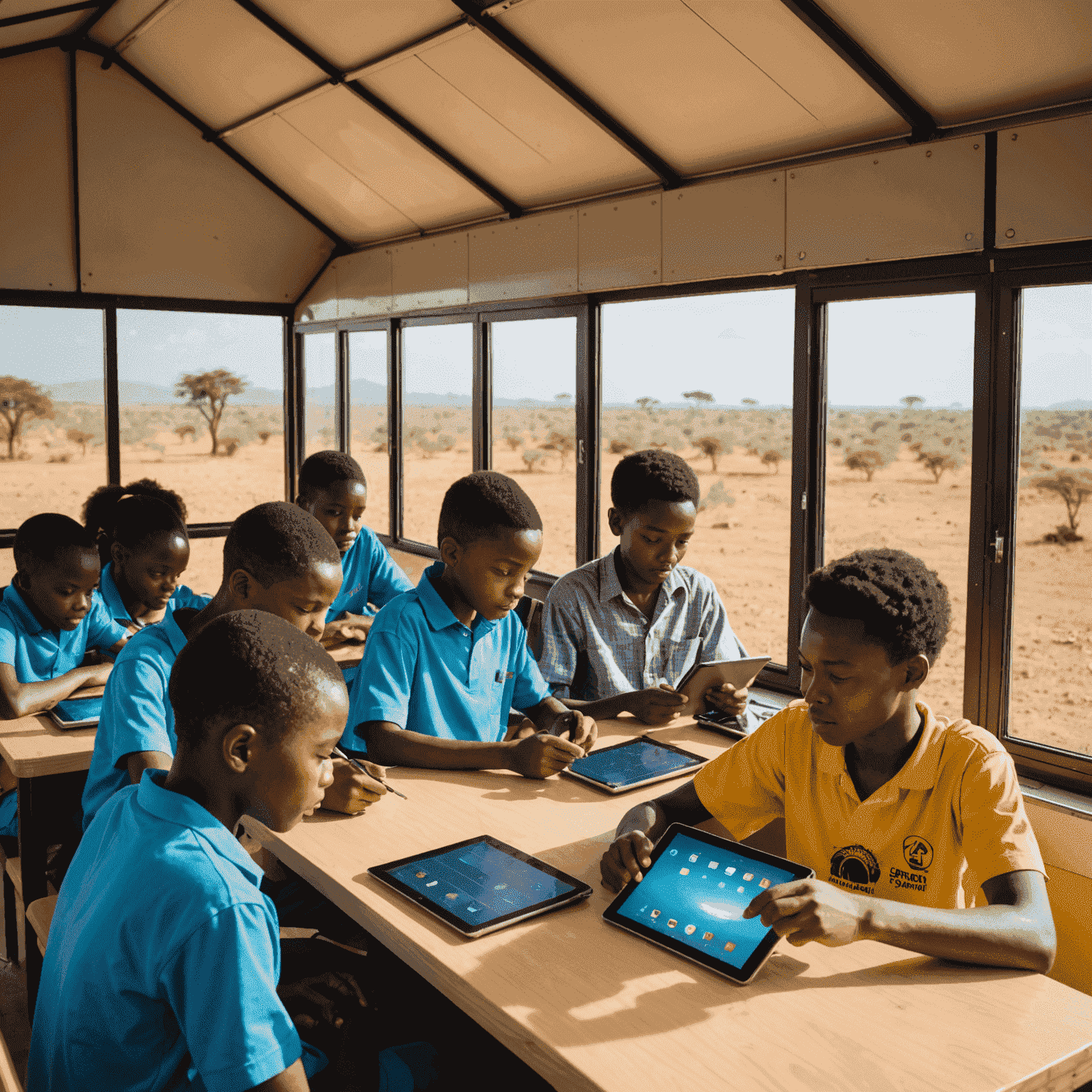Professor Samuel Okafor: Transforming Education in Rural Africa

In this enlightening interview, we sit down with Professor Samuel Okafor, a visionary educator who has dedicated his life to bringing quality education to the most remote areas of Africa. His innovative methods are not only empowering the next generation but also reshaping the future of an entire continent.
The Journey Begins
Alex Carter: Professor Okafor, thank you for joining us today. Can you tell us about what inspired you to focus on rural education in Africa?
Professor Okafor: Thank you for having me, Alex. My journey began in my own village, where I witnessed firsthand the transformative power of education. I was fortunate enough to receive a scholarship that allowed me to pursue higher education, and I vowed to create similar opportunities for others. The stark disparity in educational access between urban and rural areas in Africa became my call to action.
Innovative Methods
Alex: Your methods have been described as revolutionary. Can you elaborate on some of the innovative approaches you've implemented?
Professor Okafor: Certainly. One of our key innovations is the use of solar-powered mobile classrooms. These units can be easily transported to remote areas and provide a comfortable learning environment with access to digital resources. We've also developed a curriculum that blends traditional knowledge with modern skills, ensuring that students are connected to their roots while preparing for the global economy.

Overcoming Challenges
Alex: What have been some of the biggest challenges you've faced in implementing these programs?
Professor Okafor: The challenges have been numerous, from logistical issues in reaching the most isolated communities to overcoming cultural barriers and skepticism about new educational methods. However, our biggest hurdle has been securing sustainable funding. We've had to be creative, partnering with NGOs, leveraging crowdfunding platforms, and even exploring cryptocurrency donations to support our initiatives.
Measuring Success
Alex: How do you measure the success of your programs?
Professor Okafor: We look at various metrics, including enrollment rates, academic performance, and the number of students who go on to higher education or start their own businesses. But the most rewarding measure of success is seeing the ripple effect in communities. When a child becomes the first in their family to read or when a village produces its first university graduate, the entire community is uplifted.
The Future of Education in Africa
Alex: What's your vision for the future of education in rural Africa?
Professor Okafor: My vision is an Africa where every child, regardless of their location or economic background, has access to quality education. I see a future where rural schools are hubs of innovation, producing leaders who will solve local and global challenges. We're also exploring partnerships with platforms like TradingView to introduce financial literacy and entrepreneurship skills to our older students, preparing them for the digital economy.
A Call to Action
Alex: For our readers who are inspired by your work, how can they get involved or support your mission?
Professor Okafor: There are many ways to support our cause. We welcome volunteers with various skills, from teachers to technologists. Financial contributions, no matter how small, make a significant impact. But most importantly, spread the word. The more people understand the importance of rural education in Africa, the more support we can garner to make lasting change.
As our interview concludes, it's clear that Professor Samuel Okafor's work is more than just an educational initiative – it's a movement that's reshaping the future of Africa. His innovative approaches and unwavering dedication are opening doors for countless children who might otherwise never have had the opportunity to realize their full potential. In a world that often seems fraught with challenges, Professor Okafor's story serves as a beacon of hope and a powerful reminder of the transformative power of education.